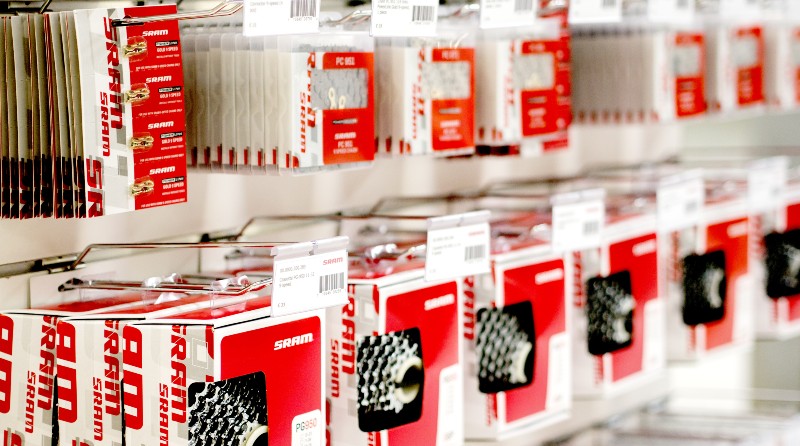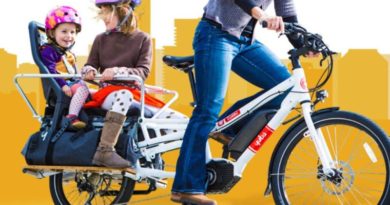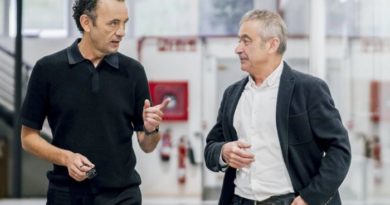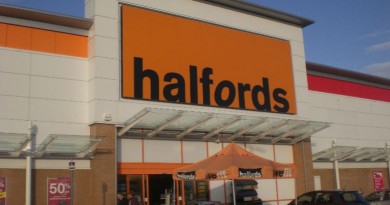SRAM CEO: “We have more finished goods on shelves now than we’ve ever had”
It’s been a big couple of weeks for SRAM. There’s Wayne Stetina joining the business after a 37 year stint with a major competitor. And we’ve heard direct form SRAM CEO Ken Lousberg, via the always excellent CyclingTips Nerd Alert podcast, about the manufacturing and shipping challenges resulting from the Covid pandemic.
Digging into the podcast, the things most in the trade will find eye opening include Lousberg revealing:
- He estimates between 3 and 10 times more cyclists exist now versus pre pandemic (“millions, globally”)
- SRAM’s demand has increases in the region of 50% to 100% and more on some lines
- Production capacity has more than doubled in the past year for certain lines, with others seeing a 50% increase
- There has been massive investment, including adding hundreds of team members, running continuous shifts at all factories, (previously a 2-shift operation), maintaining a critical focus on QA, and employee safety, whilst working through the pandemic.
- As far the real challenge, the brand has struggled on ‘never done before’ things, including challenges with sourcing Aluminium and Magnesium, plus 25cent IC chip shortages
What does it take to ramp up production capacity and make more stuff?
“We went up 30% almost instantly. We purposely have that type of flexibility, like when we introduce a Rival AXS groupset, we need to be able to meet a pretty big surge… that’s how we’ve always been able to maintain 30-60 day lead times,” said Lousberg on the podcast.
“Beyond that, the factory isn’t big enough, the number of Million dollar presses you have isn’t enough. Building a new factory takes 18 months, a new chain line is minimum 18 months.”
The biggest uncontrollable challenge?
“6 months ago, raw material was our biggest issue. Today, it’s shipping. I’m almost positive this is gonna surprise you; we have more finished goods on our shelves right now than we’ve ever had in the history of the company. And that’s because our customer can’t get containers to put those finished good in to ship completed bikes from Asia, or components to factories in Europe…”
That container crisis was put into context by a fresh body of research, as published here yesterday. It turns out Asia has drastically improved its turnaround year-to-year, but the west – in particular the UK and USA – have slowed port turnarounds to a crawl, which has a knock on effect.
Looking to the future with Ken’s SRAM crystal ball
“… we know how much capacity we’ve added, and we know that we’re gonna continue adding capacity. We want supply and demand to be at par with each other. That’s healthy for everybody. Over the next year or so those two things are gonna come together; you’ll start being able to go into a bike shop, look at your choices, and buy what you want.”
“I also think, we’ve welcomed a lot of new riders … we as an industry, we as riders, need to welcome them like we’ve never welcomed them in our lives, to keep them riding. They’re the ones who’re gonna help us influence local and national government, to put in more dedicated trails, more protected bike lanes…. That opportunity for us is unbelievable. At a rider-to-rider level we must be so welcoming to anybody who’s joined us because of the pandemic.”
In the UK. high profile cycling advocacy has recent seen #BikeIsBest championed by Cycling Mayor for Coventry, Adam Tranter, as well as ongoing cycle safety and accessibility work carried out by Cycling UK
Whilst parts, and bikes may well remain in short supply for some time to come, the work to secure a mass participation, inclusive, cycling future is never more important.



